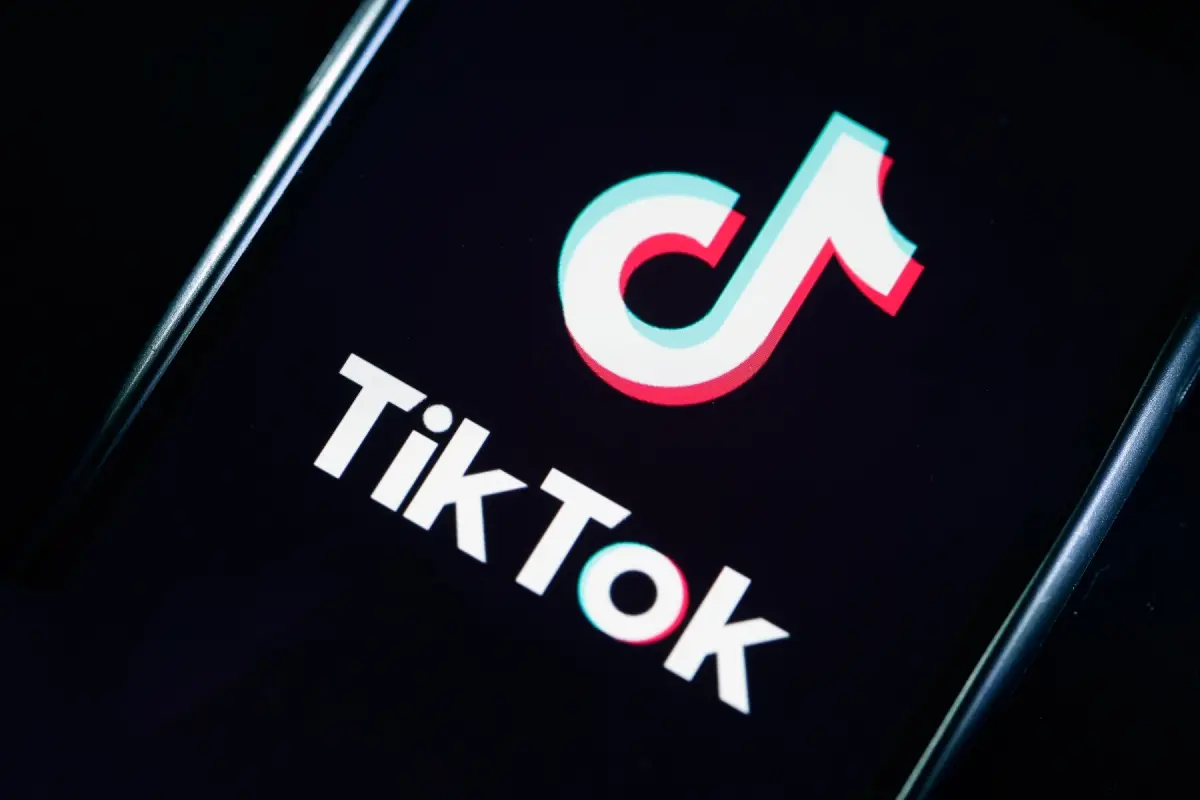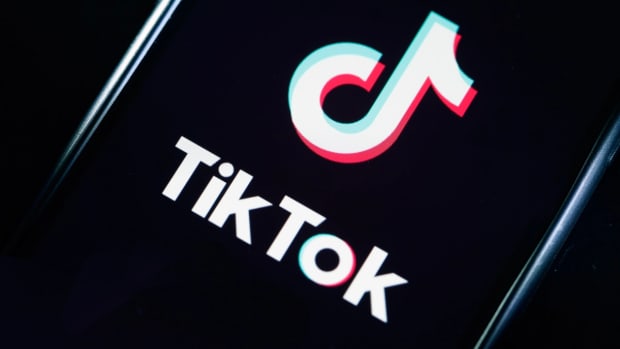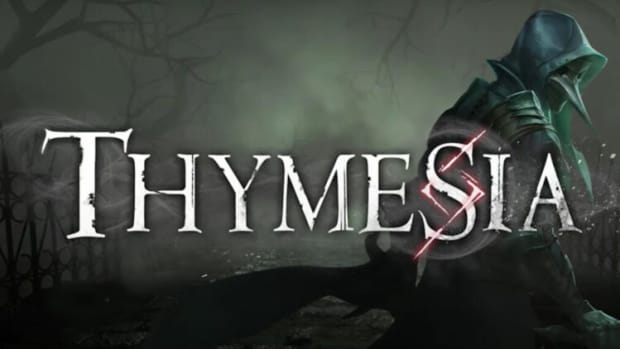
Photo Credit: Chesnot Getty Images
TikTok, the short-form video-sharing social media app, has been around since 2017 in the U.S., but with the start of the pandemic in 2020, the app skyrocketed in popularity. TikTok users, especially musical artists gained recognition and went viral, with millions of views of their music being shared internationally because of the app.
Many had limited or restricted socialization due to lockdown restrictions and turned to social media apps for laughs, tutorials, and more. Going viral on TikTok has many benefits for artists because it can catapult them into various demographics worldwide.
TikTok has changed the music industry because now artists can have the fate of their singles just clicks away. Years ago, one had to rely on a record label's resources and network to get their name out there. Now anyone can upload their single on TikTok and bypass all the radio stations and traditional forms of media and marketing.
Photo Credit: Pexels/Cottonbro
Rapper, Megan the Stallion's 2020 single "Savage" became even more popular when teen TikTok user, Keara Wilson, choreographed a short dance to the song. This influenced others to join in making the single one of the most popular songs of 2020. “Savage” shot to the top of the charts. The "Savage Dance Challenge" took off on TikTok and the song rose from #98 on the Billboard Hot 100 Charts to #20 in just one week. The viral song was remixed with Beyoncé on the track and even won a Grammy at the 2021 Grammy Awards in the Best Rap Song category.
Popular 70's Rock groups, Fleetwood Mac's song "Dreams", Kate Bush's "Running Up That Hill", and Patrice Rushen's "Forget Me Nots", all songs from yesteryear, have made a resurgence with younger generations on the app and have dominated music streaming charts.
Photo Credit: Amanda Edwards/Getty Images
According to data analysis research by Vox and The Pudding, the TikTok to Spotify pipeline for viral songs makes its way onto curated Spotify playlists. TikTok has become a music discovery platform for other music streaming services, so labels focus on it so much.
Creating a viral TikTok hit is almost guaranteed to equal a boost in monthly listeners on music streaming services like Spotify. One indie artist went from 0 monthly listeners on August 16, 2021, to 3.4 million by October 2021 – that’s two months with a high viral TikTok video. That same artist has over 8 million monthly listeners as of June 2022. Spotify pays labels according to their share of total streams in a specific period. Based on this, artists with a viral hit that racks up a billion streams in six months can increase their payout to the Spotify pool.
Anyone can upload audio sounds to TikTok, but sometimes musical artists don't always get paid lavishly. TikTok pays royalties to some artists, but those royalties depend on other factors. TikTok calculates royalties and bases calculations on the number of videos made using your music, not the number of times the video is watched.

Going Viral On TikTok: The Impact Of Virality on Artists

Best Free Compressors: Every Dynamics Controlling VST and Plugin Worth Having In 2022

THYMESIA Review: An Incredible New Souls-Like Action RPG From Overboard Studios
According to the TikTok Newsroom Community website, on March 9, 2022, there was an announcement of a music marketing and distribution service called SoundOn. The service will now allow musicians to upload songs directly to the app and receive royalties for plays, managed through a designated artists' platform.
The platform allows artists to upload their music directly to TikTok and begin earning royalties when that music is used. SoundOn pays 100% royalties to music creators in the first year and 90% after that.
Many artists are starting to feel pressure from label execs to be more accessible and make quick videos to appeal to a TikTok audience and have shorter attention spans. Singer Halsey went on TikTok and stated, “I’ve been in this industry for eight years, and I’ve sold over 165 million records, and my record company is saying I can’t release it unless they can fake a viral moment on TikTok,” Halsey’s caption read.
Halsey's video went viral; many artists could relate to the "Without Me" singer. In an interview with Apple Music's Zane Lowe, Grammy award-winning singer, Adele, said "the conversation of TikTok" came up a lot while she was recording her most recent album "30." Her team told her it was important that 14-year-olds knew who she was, but she disagreed that the record was for "30- and 40-year-olds" who have been through similar experiences as her.
Although many feel the shift, no matter how unbalanced some things may be, cooperating with streaming platforms and social media is a must in an artist's marketing plan when creating music in this era. At times this comes with the consequence of social media influencers and those with more views creating trendy music without having any musical background. This can sometimes impact artistry and overshadow some genuine artists who are in it for the art and not just the numbers.
Dive Deeper Into The TikTok Rabbit Hole: Here's All We've Written About The App
To some extent, TikTok is similar to how in the 1980s, MTV disrupted the music industry by creating a television channel dedicated to visually showcasing various artists and their music videos. This was groundbreaking at the time and exposed a generation to many different artists and created many pop culture moments. Some artists didn't want to create music videos but eventually jumped on the bandwagon and changed their career trajectory for the better.
Essentially TikTok is undeniably a force to be reckoned with for managers and record labels because it allows rising talent to bypass traditional marketing and disrupts tradition. Fast forward to the present day, social media apps and streaming have replaced traditional marketing, cable television, and radio.
Algorithms and human interests, and music are forever evolving, but for the present time, the TikTok clock isn't stopping.





